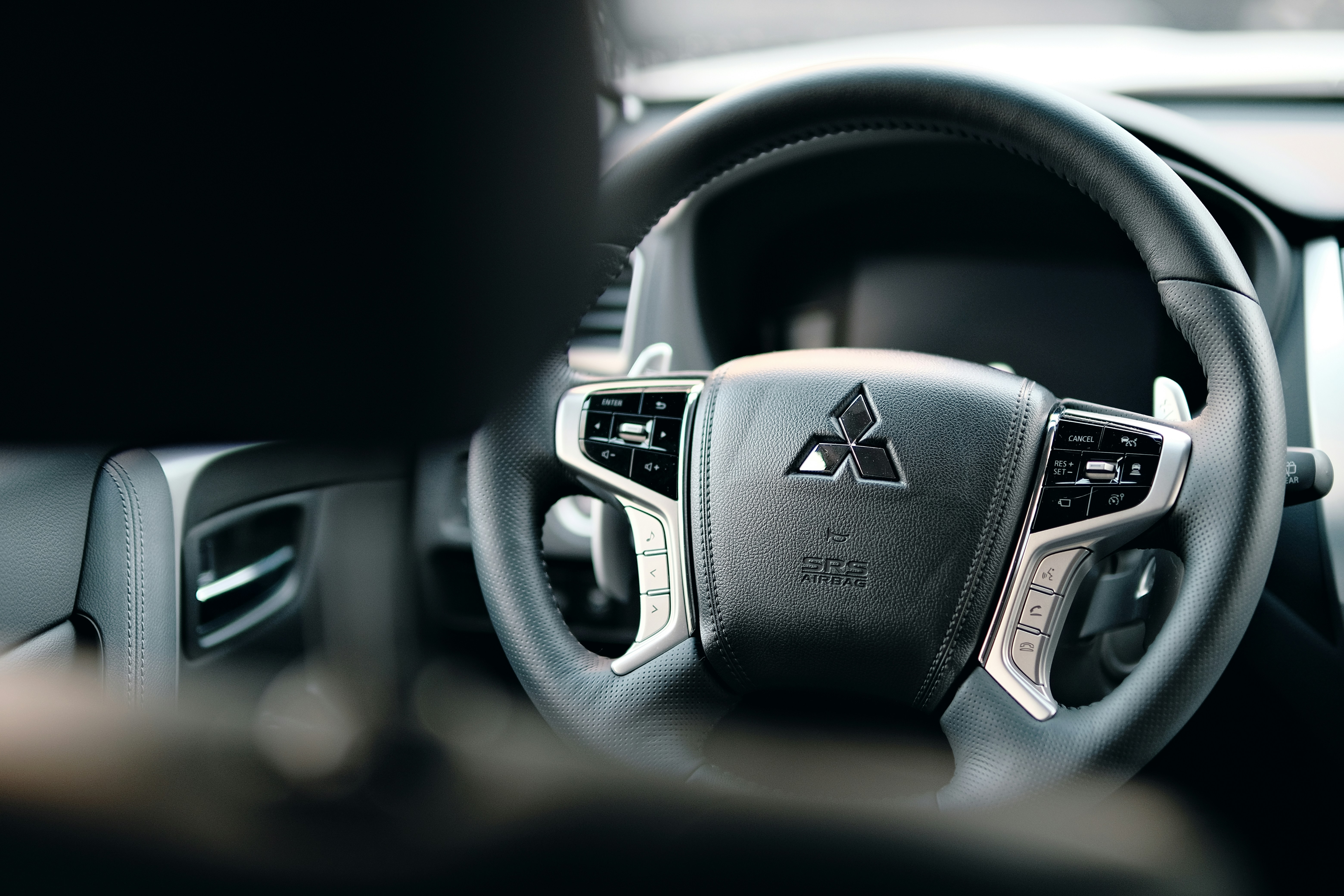Electric Cars for Older Drivers: What to Look For
Electric vehicles are changing the way we think about transportation, offering potential benefits for drivers across generations. For older adults, these cars may provide a more accessible, comfortable, and eco-conscious driving experience. This article outlines some key considerations and features that could make electric vehicles a practical choice.

Why are electric cars gaining popularity among seniors?
The growing interest in electric cars among older drivers can be attributed to several factors. First, many seniors are becoming more environmentally conscious, and electric vehicles offer a way to reduce their carbon footprint. Additionally, as retirees often have more predictable driving patterns and shorter daily commutes, the range limitations of electric cars are less of a concern. The lower maintenance requirements and potential long-term cost savings of electric vehicles also appeal to seniors who are looking to simplify their lives and manage expenses in retirement.
What are the key benefits of electric cars for senior drivers?
Electric cars offer several advantages that are particularly appealing to older drivers. One significant benefit is the smooth and quiet ride, which can be more comfortable for those with sensitivity to noise or vibration. The instant torque provided by electric motors also means better acceleration, making it easier to merge onto highways or navigate traffic. Moreover, the simplified driving experience, with fewer gears and no need for clutch control, can be less physically demanding for seniors with limited mobility or arthritis.
Which features make electric cars particularly suitable for seniors?
When looking for an electric car suitable for older drivers, several features stand out. Advanced driver assistance systems (ADAS) are particularly beneficial, including adaptive cruise control, lane-keeping assist, and automatic emergency braking. These technologies can help compensate for slower reaction times and reduced visibility that some seniors may experience. Additionally, many electric cars come with user-friendly infotainment systems featuring large touchscreens and voice commands, making it easier for older drivers to navigate and control various vehicle functions.
How do electric cars address common concerns of older drivers?
Electric vehicles address several common concerns that older drivers may have. For instance, the lower center of gravity in many electric cars, due to the battery placement, can provide better stability and handling. This can be particularly reassuring for seniors who may be concerned about their driving abilities. Furthermore, the regenerative braking systems in electric cars often allow for one-pedal driving, which can be easier on arthritic joints and reduce fatigue during long drives.
What should seniors consider when choosing an electric car?
When selecting an electric car, seniors should consider factors such as ease of entry and exit, seat comfort, and visibility. Look for models with higher seating positions, wide-opening doors, and adjustable seats with good lumbar support. Good visibility is crucial, so pay attention to the size and placement of windows and mirrors. It’s also important to consider the charging infrastructure in your area and whether home charging is feasible. Some seniors may prefer models with longer ranges to reduce the frequency of charging stops on longer trips.
How do electric cars compare in terms of cost and practicality for seniors?
While the initial purchase price of electric cars can be higher than comparable gasoline-powered vehicles, they often offer lower operating costs over time. This can be particularly attractive for seniors on fixed incomes. However, it’s important to consider the total cost of ownership, including potential savings on fuel and maintenance, as well as any available tax incentives or rebates.
Here’s a comparison of some popular electric car models that may be suitable for senior drivers:
| Model | Range (miles) | Starting Price | Key Features for Seniors |
|---|---|---|---|
| Chevrolet Bolt EV | 259 | $31,995 | High seating position, spacious interior, one-pedal driving |
| Nissan Leaf | 149-226 | $27,800 | ProPILOT Assist, e-Pedal for one-pedal driving, low step-in height |
| Tesla Model 3 | 263-353 | $41,190 | Advanced Autopilot, large touchscreen, over-the-air updates |
| Hyundai Kona Electric | 258 | $33,550 | High-mounted display, BlueLink connected car system, driver attention warning |
| Kia Niro EV | 239 | $39,900 | Spacious cargo area, UVO link with voice commands, smart cruise control |
Prices, rates, or cost estimates mentioned in this article are based on the latest available information but may change over time. Independent research is advised before making financial decisions.
In conclusion, electric cars offer numerous benefits for older drivers, from enhanced comfort and safety features to potential long-term cost savings. As the technology continues to evolve and more models become available, electric vehicles are increasingly becoming a viable and attractive option for seniors looking to maintain their independence and embrace a more sustainable mode of transportation.
The shared information of this article is up-to-date as of the publishing date. For more up-to-date information, please conduct your own research.






